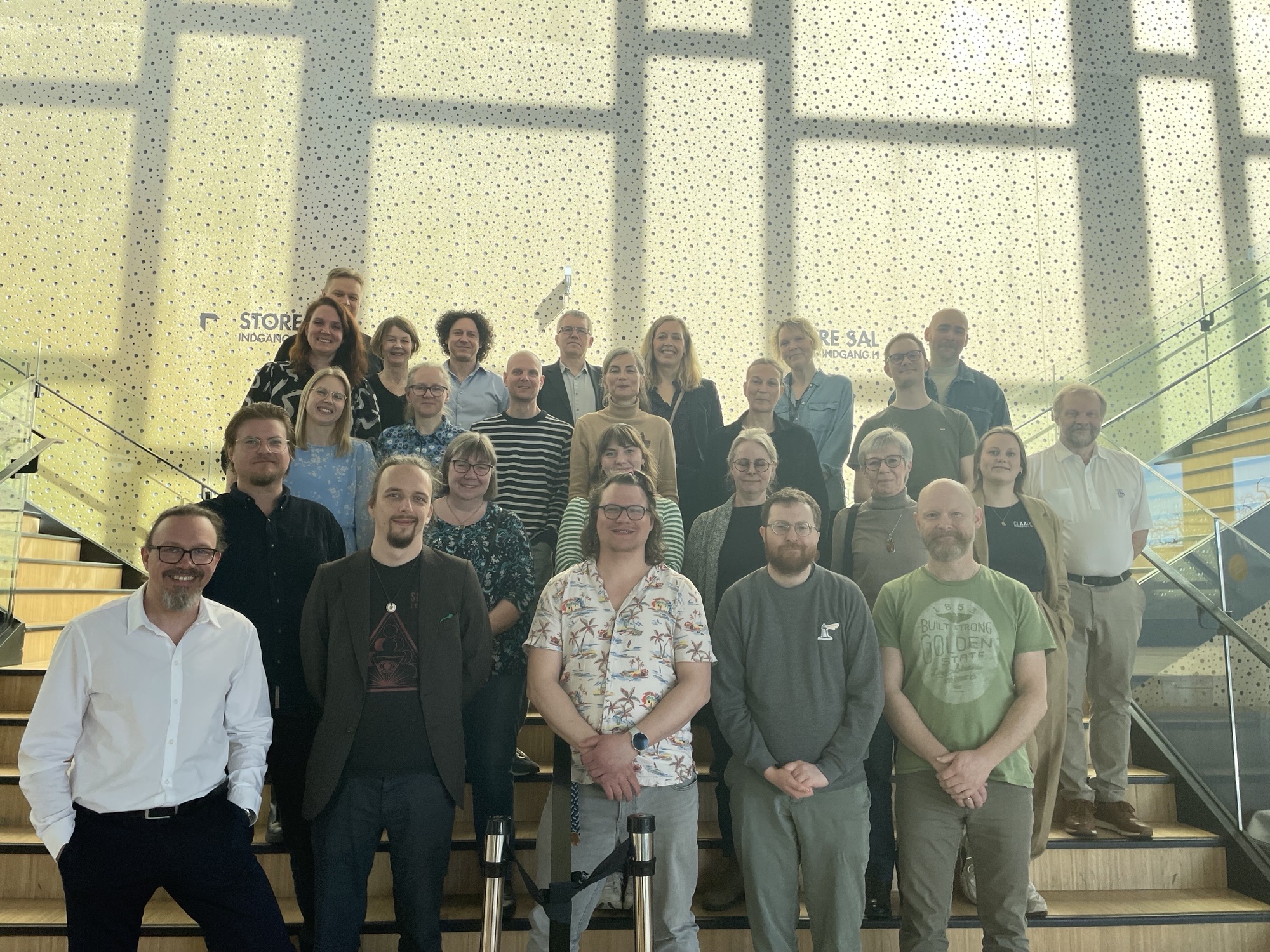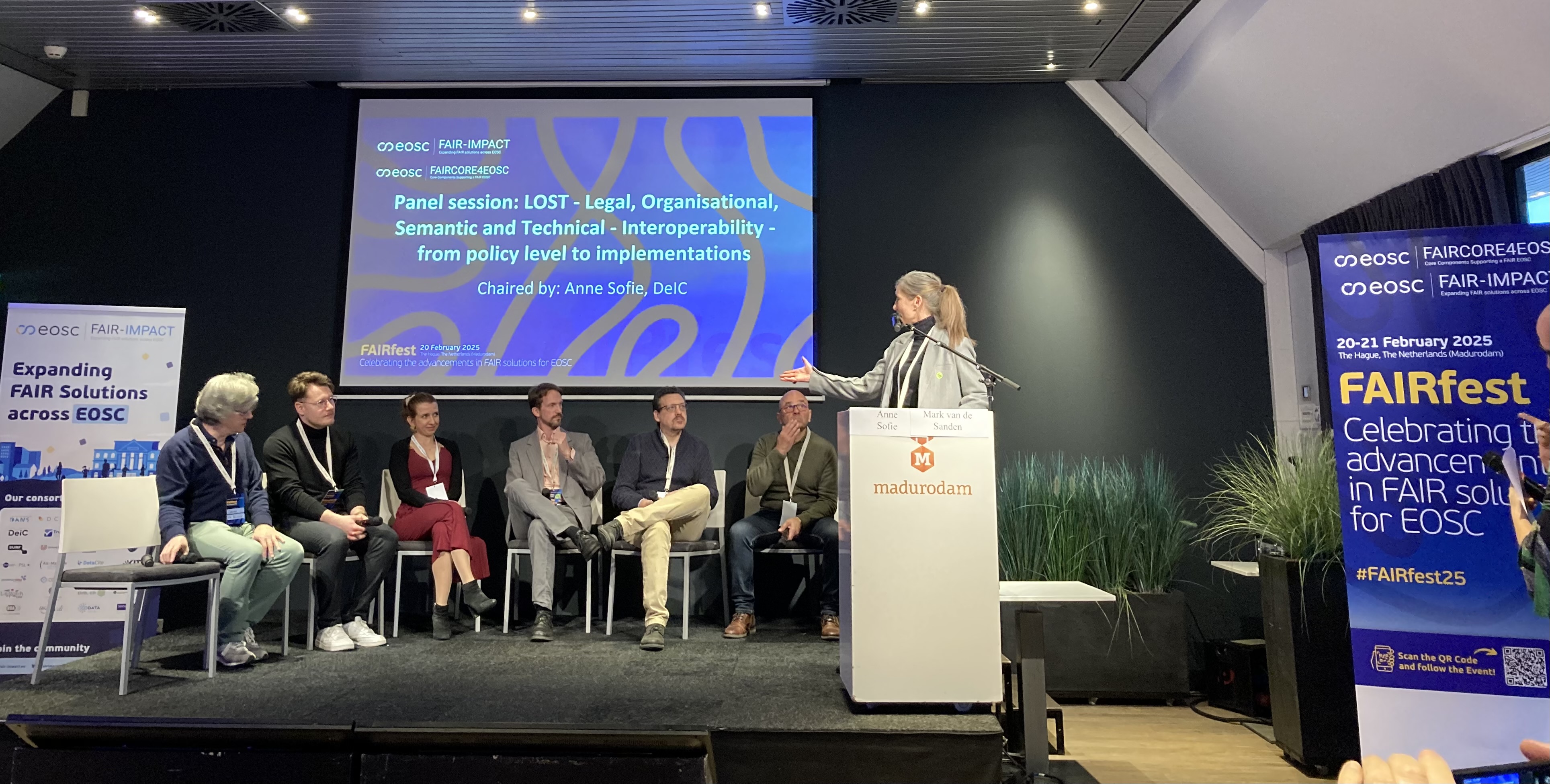For the activity “Exploring the FAIR data principles across disciplines” in the Danish National Forum for Research Data Management, DTU Library has teamed up with the Wind Energy Department (DTU Wind Energy) in order to help implementing the FAIR data principles in the research groups.
The case followed an internal project that was initiated in the department and ran throughout 2018. A heterogeneous group of 21 DTU Wind Energy representatives, so-called “FAIR Data Ambassadors”, which consisted of researchers and engineers with different level of seniority from all 10 sections of the department was formed to carry out the internal project. FAIR Data Ambassadors were divided into three active working groups that:
- Developed a department policy for research data management
- Mapped department data types and tools
- Created taxonomies for wind energy metadata
Nikola Vasiljević and Anna Maria Sempreviva who lead the project have been engaged in Open Science for a long time and have gained expert knowledge of the FAIR data principles prior to the project. Three research data specialists from DTU Library joined the project in spring 2018, mainly for:
- Providing assistance in drafting a policy
- Implementing the taxonomy into the DTU Data repository
- Guiding the participants in creating FAIR datasets and metadata in the DTU Data repository
The focus of applying the FAIR principles was on customizing the DTU Data repository according to the requirements identified by the working group for wind energy data and consequently using the repository for the publication of data and metadata. The main challenges for this task were related to the metadata. First of all, developing the taxonomy and controlled vocabularies for the metadata proved to be a very time-consuming and cumbersome process, since the field of wind energy itself is very broad and comprises many very different research activities, models and data types. Secondly, implementing the taxonomy into the DTU Data repository was not straightforward, as the system (an institutional version of figshare) only offers limited options for customization. Finally, the use of basic metadata fields gave rise to further discussions, e.g. on how to define “authorship” for datasets.
Nonetheless, the participating researchers could see great potential in publishing datasets and metadata in the DTU Data repository, mainly because it enables giving proper credit to all contributors, adds value to the data and facilitates a place to create a legacy of research output.
In conclusion, implementing the FAIR principles for research data is a long and slow process, which introduces a substantial change of the culture of research. It requires commitment from both the researchers and the management and needs to be supported with adequate resources. Nevertheless, it is evident that they lead the way to the future of research.
Contact DTU Wind Energy: Anna Maria Sempreviva (anse@dtu.dk), Nikola Vasiljevic (niva@dtu.dk) Contact DTU Library: Paula Martinez Lavanchy, Falco Hüser (datamanagement@dtu.dk)



